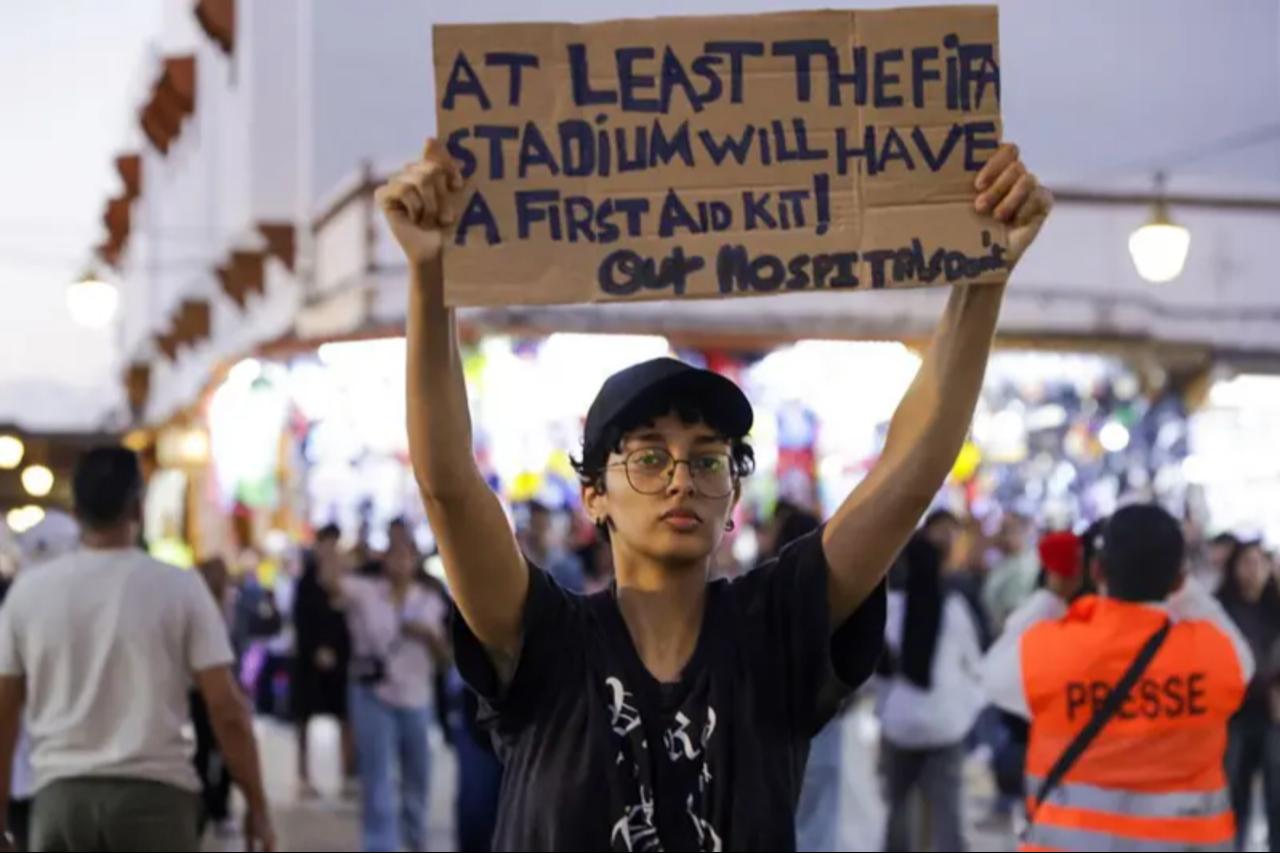
Morocco is witnessing widespread public protests demanding improvements in social conditions, organized by a previously little-known youth movement, 'Gen Z-212,' through social media platforms.
The protests erupted on Saturday and have intensified in the subsequent days.
Gen Z-212 specifically utilized TikTok, Instagram, and Discord to call for better education and healthcare.
The protests were met with a security crackdown, including arrests affecting hundreds of demonstrators.
The latest protests are calling for freedom, justice, and social dignity, as well as improvements to social services such as healthcare and education, following the death of eight women during childbirth in less than a month at Al Hassan II Hospital in Agadir.
The protests have spread to at least 11 cities, according to the Associated Press.
Moroccan Authorities reported that some demonstrators set vehicles on fire and looted stores, causing significant material damage.
Security forces carried out operations on Tuesday to maintain public order and manage protests, ensuring citizens’ safety while safeguarding individual and collective rights.
Authorities announced on Wednesday that 263 security personnel and 23 civilians were injured in protests that have continued for four days.
Rachid El Khalfi, the official spokesperson for the Moroccan Ministry of Interior, confirmed that the public forces have launched "a series of operations and official interventions to maintain public security and order," according to the official Moroccan news agency.
At least two people have been killed in Morocco after police opened fire to prevent protesters from storming a police station in Lqliaa, near the coastal city of Agadir, state media says.
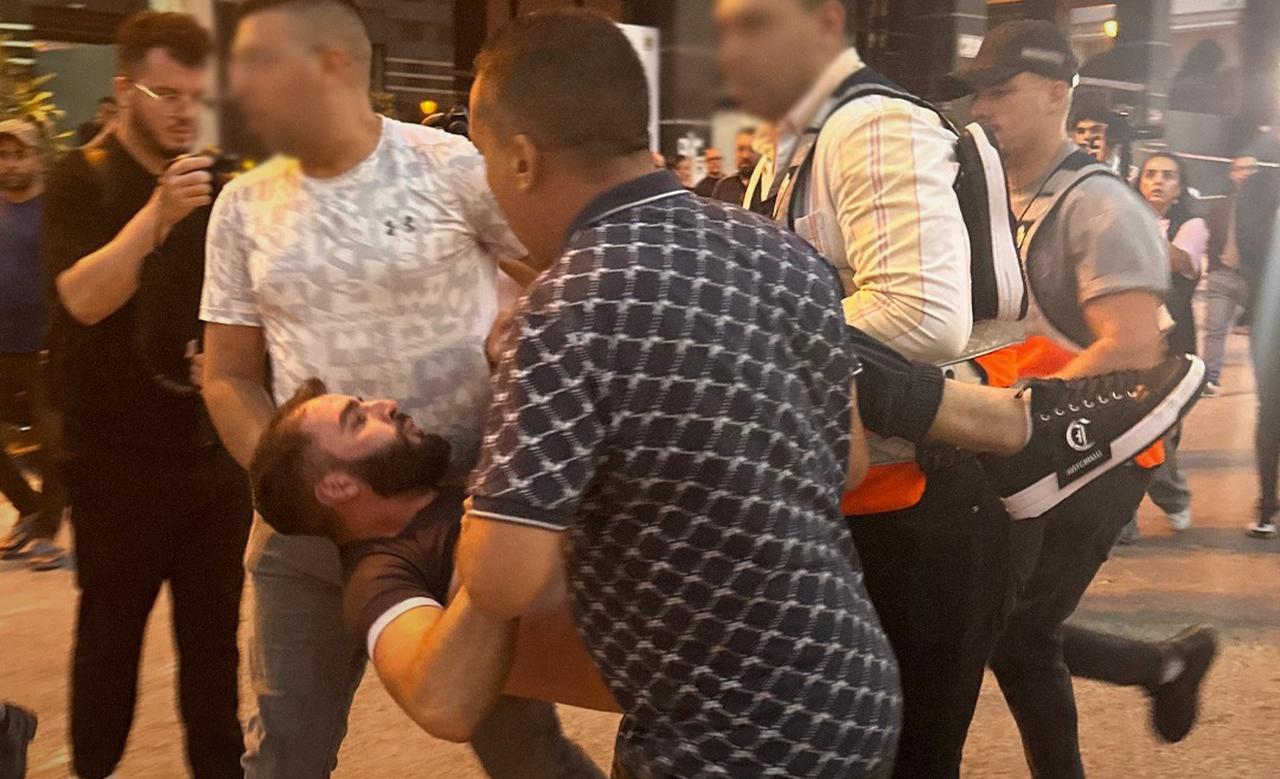
These protests recalled the wave of popular mobilization in 2011, during the so-called "Arab Spring," when young people took to the streets demanding political and social reforms.
According to Reuters, this week’s demonstrations are the most severe since at least 2016 and 2017, when protesters confronted security forces in the Rif region in northern Morocco.
Protesters centered their demands on improving education and healthcare, tackling unemployment, and better directing government spending.
Protesters say the government is prioritizing the construction of sports infrastructure in preparation for the 2025 Africa Cup of Nations and the 2030 World Cup, at the expense of vital sectors that affect citizens’ daily lives.
Billions of dirhams are being invested in stadiums, hotels, and sports infrastructure, while basic services remain unable to meet citizens’ needs—particularly in rural and remote areas, which Moroccans refer to as “the unproductive Morocco.”
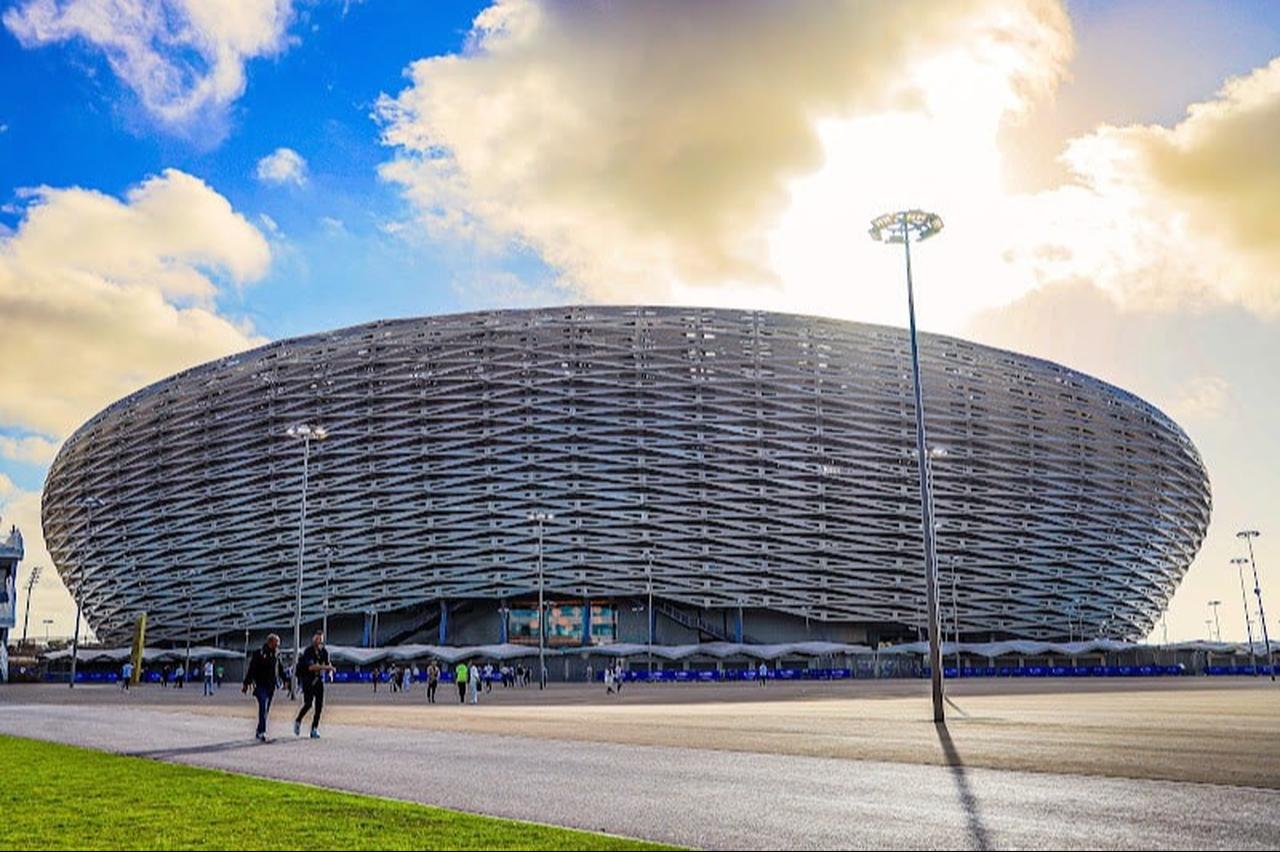
Mounting public discontent has placed Morocco’s plans to host the 2030 FIFA World Cup and the 2025 Africa Cup of Nations under intense scrutiny, as demonstrations erupted with the slogan “We don’t want the World Cup… Health first” becoming a defining chant of the protests.
The debate reflects deep divisions: while some view the tournaments as a historic opportunity to boost Morocco’s global image and attract investment, others see them as a heavy financial burden that risks draining resources from vital sectors such as education and healthcare.
According to estimates by Atlas Capital, the Moroccan treasury is expected to allocate around 25 billion dirhams ($2.5 billion) for stadiums and training centers, in addition to 17 billion dirhams ($1.7 billion) in loans and bank financing. Around 200 new hotels are projected to be built by 2030, adding some 15,000 rooms.
Meanwhile, Sogecapital Management estimates Morocco’s contribution to the World Cup budget will range between $5 and $6 billion, with more than half directed towards stadiums and transport infrastructure.
Supporters argue the tournaments could generate up to $10 billion in economic returns, boost GDP growth by 1–2.5 percentage points, and create between 130,000 and 160,000 jobs, according to projections by Atlas Capital and the government-backed think tank Outrago.
But critics warn that such massive costs could strain the state budget and exacerbate public debt, especially at a time when essential services like education and healthcare are suffering from chronic underfunding and resource shortages.
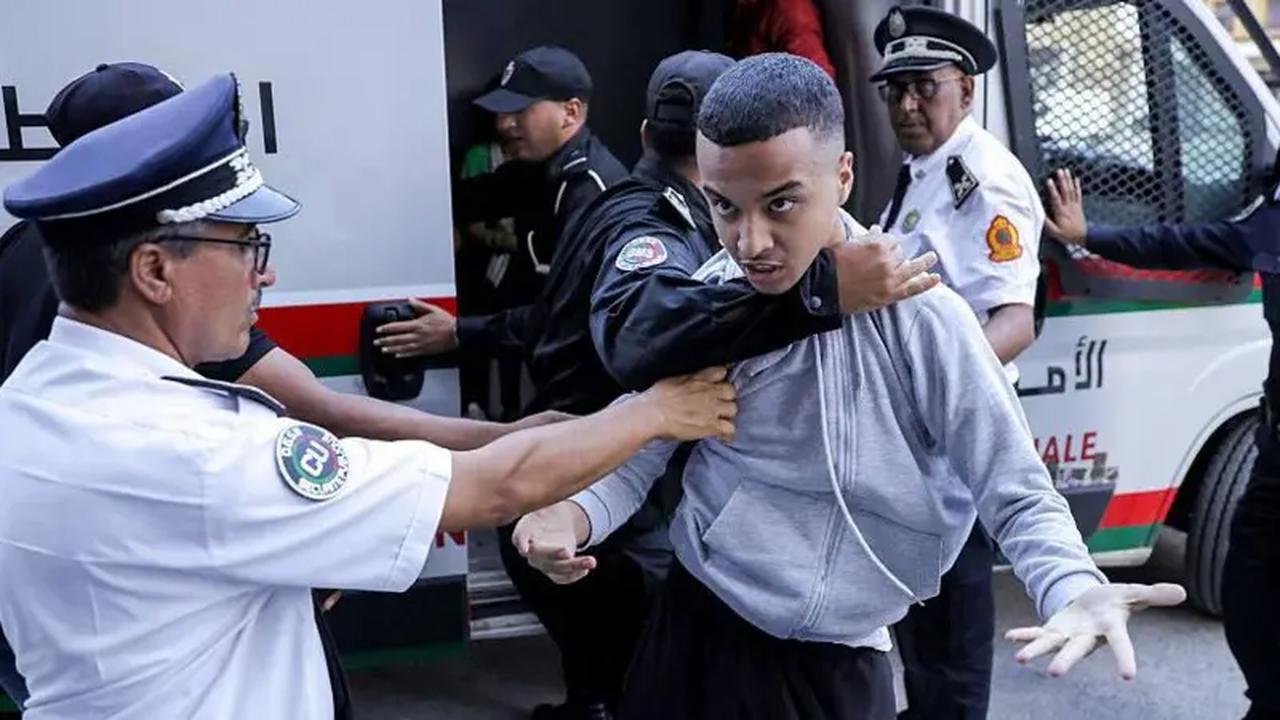
After days of protests, Morocco’s governing majority said it is ready to respond positively to the “Gen Z” demonstrations.
The statement stressed dialogue and discussion as the main way to address social demands. It promised realistic and implementable solutions to serve citizens and the nation.
The government, led by Prime Minister Aziz Akhannouch, acknowledged long-standing issues in the health system. It said youth calls for reform align with its ongoing priorities and initiatives.
The statement drew criticism. Social media users called for the government’s resignation, blaming it for failing to deliver on promises and for rising living costs.
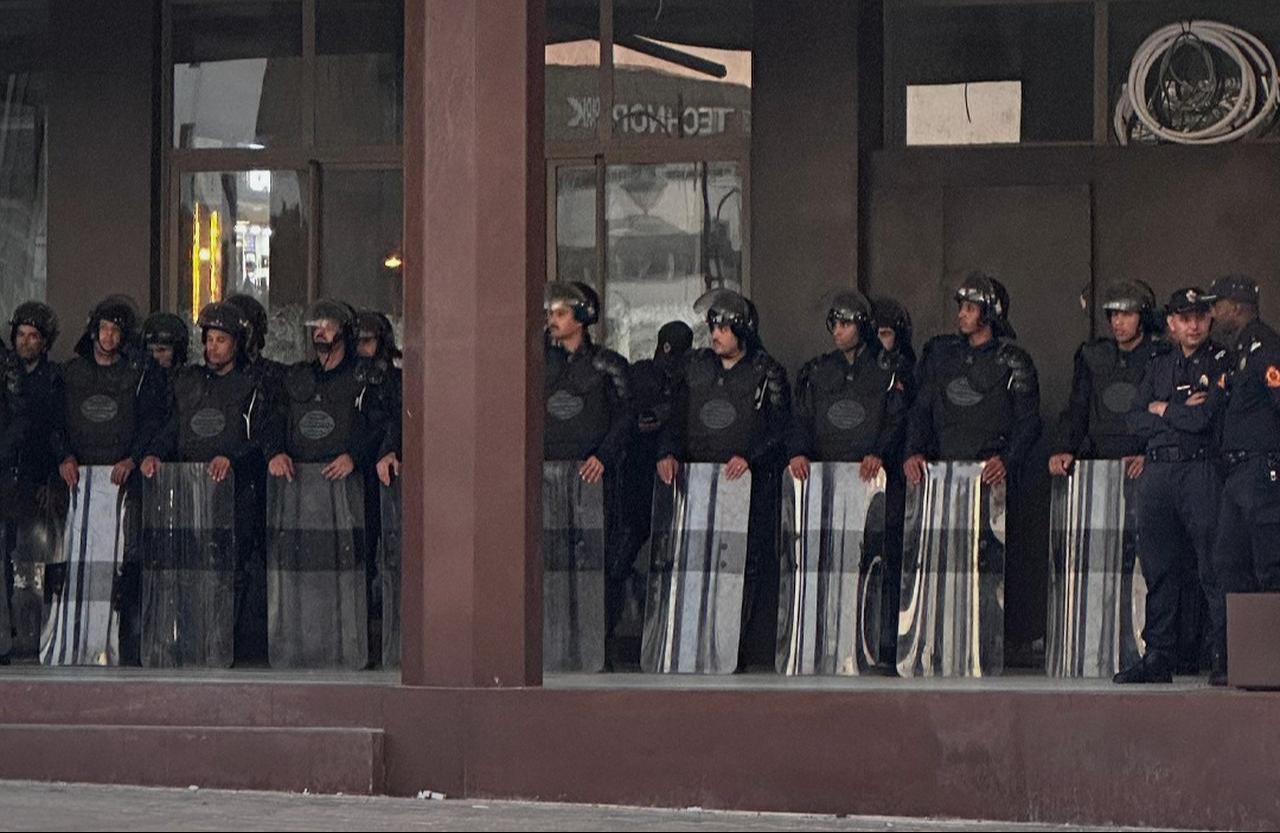
Some observers have criticized the international media coverage of protests called by youth demanding improvements in health, education, and employment services.
The magazine The Voice of Morocco accused a trio—comprising the U.S.-based Associated Press, the Spanish news agency EFE, and the French public channel France 24 (French-speaking)—of shaping the international narrative around these events.
Since the outbreak of the protests linked to Morocco’s so-called “Generation Z,” France 24 has faced widespread criticism for its coverage.
Observers noted that the channel focused heavily on selective voices critical of the authorities, while lacking the diversity of perspectives expected in balanced journalism.
The network not only amplified protest footage with accusatory testimonies but also ignored broader social, political, and economic contexts, reinforcing a stereotypical image of Morocco centered on unrest.
Critics also highlighted a striking contrast: similar domestic upheavals in France received minimal coverage, suggesting a double standard in the channel’s approach to local versus foreign social movements.